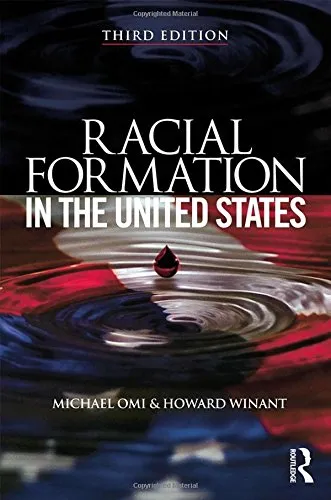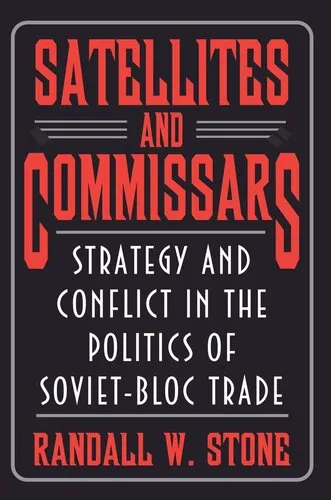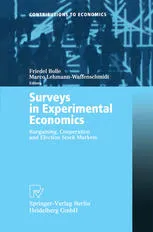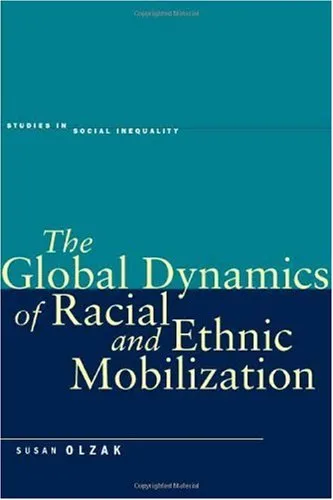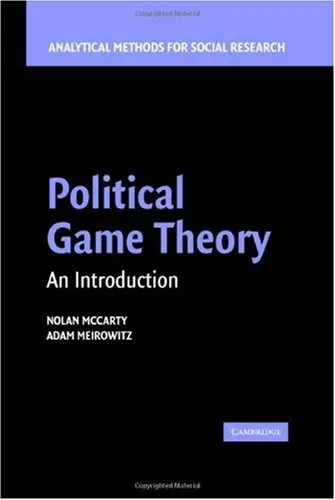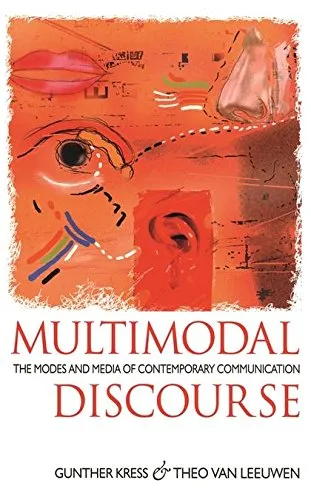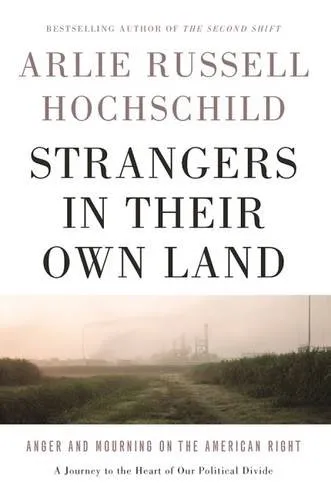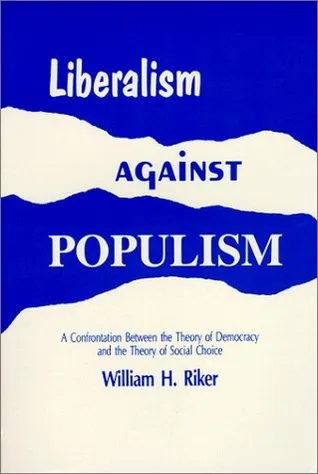Racial Formation in the United States
4.7
Reviews from our users

You Can Ask your questions from this book's AI after Login
Each download or ask from book AI costs 2 points. To earn more free points, please visit the Points Guide Page and complete some valuable actions.Related Refrences:
Introduction to "Racial Formation in the United States"
"Racial Formation in the United States," written by Michael Omi and Howard Winant, is a seminal text in the study of race and racial dynamics. First published in 1986 and updated through subsequent editions to reflect ongoing developments, this book remains a cornerstone of critical race scholarship. Omi and Winant introduce the groundbreaking concept of "racial formation," a framework for understanding race as a socially constructed and ever-evolving phenomenon shaped by historical, political, and economic forces. Through their analysis, the authors challenge static perceptions of race by emphasizing its fluid and contingent nature, underscoring its centrality to social structure, identity, and power in the United States.
As a work that bridges sociology, political science, and history, "Racial Formation in the United States" provides readers with a comprehensive and critical lens through which to analyze the dynamics of race in American society. By exploring key case studies, theoretical perspectives, and historical shifts, Omi and Winant illuminate how racial meanings are created, transformed, and contested in various contexts. Whether you are a scholar, student, or a general reader seeking to deepen your understanding of race, this book serves as both a foundational text and a call to critically engage with the enduring and pervasive role of race in the United States.
A Detailed Summary of the Book
Central to the book is the concept of racial formation, which Omi and Winant define as the sociohistorical process by which racial categories are created, inhabited, transformed, and destroyed. Through this lens, the authors argue that race is neither a fixed biological fact nor merely an ideological construct, but a dynamic and fluid phenomenon rooted in specific contexts. They analyze how the state, institutions, and social movements shape and reshape racial meanings over time.
The book is divided into distinct but interconnected sections. First, Omi and Winant provide a theoretical framework that integrates the concept of race as both structure and signification. They explain how racial ideology has historically justified exploitation, violence, and inequality, while also serving as a tool for resistance and social change.
The authors then move into a historical analysis of racial politics in the United States, examining topics such as slavery, Reconstruction, the civil rights movement, and contemporary debates around race. They explore the interplay between state policies, cultural narratives, and grassroots activism, revealing how power and resistance coalesce to define racial realities.
Lastly, Omi and Winant address the challenges and possibilities of dismantling systemic racism and propose a framework for racial justice. They encourage readers to consider race as a central axis of social and political inquiry, one that must be unpacked and interrogated continuously to foster greater equity and understanding.
Key Takeaways
- Race is a socially constructed and historically contingent phenomenon, not a fixed or intrinsic biological trait.
- The concept of "racial formation" highlights the evolving and contested processes by which racial meanings are established and transformed over time.
- Racial ideologies shape both institutional structures and personal identities, influencing power dynamics and social hierarchies.
- The interplay between race and state policy has been integral in shaping U.S. history, from slavery to the civil rights movement and beyond.
- Meaningful progress toward racial justice requires an understanding of race as a system of power that intersects with other forms of oppression, such as class and gender.
Famous Quotes from the Book
The book is filled with thought-provoking insights that challenge readers to engage critically with the concept of race. Here are some standout quotes:
"Race is a concept which signifies and symbolizes social conflicts and interests by referring to different types of human bodies."
"Racial formation is the process by which social, economic, and political forces determine the content and importance of racial categories."
"Race cannot be understood in isolation from broader societal forces; it is inseparably linked to the larger social structures that govern our lives."
Why This Book Matters
"Racial Formation in the United States" remains a critically important text in an era where issues of race and racism dominate political, social, and cultural discourse. By providing a framework for understanding race as both a structural and symbolic process, Omi and Winant have revolutionized how scholars, activists, and policymakers approach racial dynamics. The book encourages readers to think critically about the ways in which race is constructed and deployed in service of power and inequality, offering tools for both analysis and action.
Moreover, the book’s historical analysis provides a roadmap for understanding the persistence of systemic racism in the United States and the enduring struggles for racial justice. It highlights the importance of social movements and collective action in reshaping racial meanings, offering hope and strategies for future generations.
Ultimately, "Racial Formation in the United States" is an essential resource for anyone committed to dismantling racism and building a more equitable society. Its insights are not only historically grounded but remain urgently relevant as we continue to grapple with the complexities of race in contemporary times.
Free Direct Download
You Can Download this book after Login
Accessing books through legal platforms and public libraries not only supports the rights of authors and publishers but also contributes to the sustainability of reading culture. Before downloading, please take a moment to consider these options.
Find this book on other platforms:
WorldCat helps you find books in libraries worldwide.
See ratings, reviews, and discussions on Goodreads.
Find and buy rare or used books on AbeBooks.
1434
بازدید4.7
امتیاز0
نظر98%
رضایتReviews:
4.7
Based on 0 users review
Questions & Answers
Ask questions about this book or help others by answering
No questions yet. Be the first to ask!
